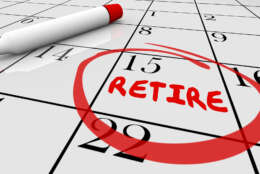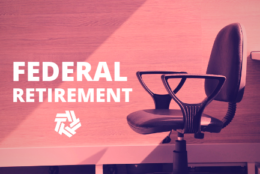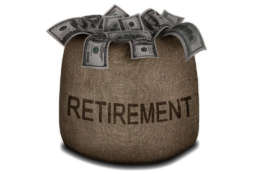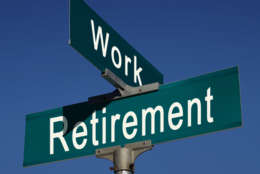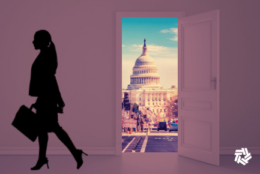Hubbard Radio Washington DC, LLC. All rights reserved. This website is not intended for users located within the European Economic Area.
Tammy Flanagan
-
By working another two years, an employee earning $80,000 per year can boost their retirement income by almost $30,000.
May 19, 2021 -
When it comes to career planning, many federal agencies do an excellent job. But when it comes to providing financial planning, most federal agencies do little if anything.
May 11, 2021 -
While it is virtually impossible for a federal or postal retiree to run out of money, it is possible to run dangerously low — even with an annuity indexed in whole, or part to inflation.
April 28, 2021 -
Picking the right time to retire - day and month, not just year - could make a huge difference.
April 22, 2021 -
Planning for retirement is a process that doesn't have to be a painful if you avoid some common mistakes. It will pay off big to know what they are and avoid them.
March 17, 2021 -
Planning for retirement isn't rocket science, but in some ways it is more challenging because ultimately you'll be riding that rocket however long it takes.
March 03, 2021 -
When they retire, many federal and postal workers pull their retirement nest egg money out of the Thrift Savings Plan. But is that wise?
February 25, 2021 -
If you are even THINKING about retiring next year, you’ve got some homework to do.
December 30, 2020 -
Whether you are going out this year, next summer or departure day is years away, plan ahead. Starting yesterday. But beginning now is better than nothing. A lot better.
October 21, 2020 -
Far fewer federal employees have chosen to retire so far in 2020 compared to the previous year, and the pandemic, like everything else this year, may be partly to blame.
October 09, 2020 -
At least 9,000 fewer federal employees have retired this year since the start of the pandemic compared to the same six-month period in 2019. Federal financial planners say the pandemic is partly to blame.
October 05, 2020 -
The modern day equivalent of a panic-starter is to bring up the subject of the Government Pension Offset or Windfall Elimination Provision to retired federal or state government employees, or their spouses.
September 23, 2020 -
Six months into an historically-lethal pandemic that potentially threatens everybody on the planet is probably a pretty good time to update or begin your personal financial checklist.
August 12, 2020 -
Did you retire before the pandemic became a fact of life? Before people other than bank robbers wore (hopefully) face masks all the time, and when working from home went from to perk to priority?…
August 04, 2020

